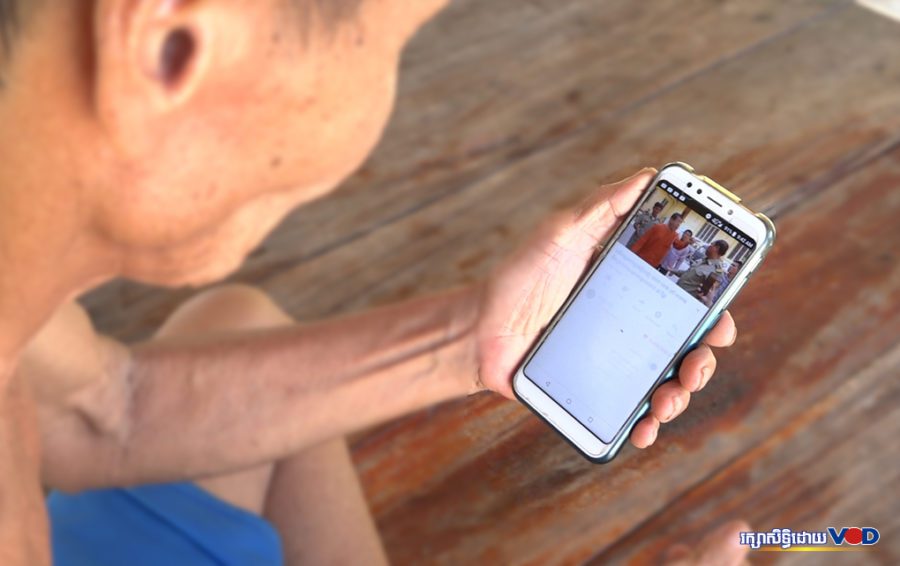Malaysia-based Telecom provider Smart Axiata admitted Friday there was one case where a customer’s existing number had been transferred to a new subscriber, after the Telecommunications Ministry warned of punitive action against the service provider for transferring active numbers.
Smart, which is one of the largest mobile service providers in the country, published a response on social media to a Telecommunications Ministry statement from Thursday. Smart said an errant employee had ported an existing number to a new customer on May 29 but that it had been reassigned to the old subscriber.
“An internal analysis of the processes and procedures in place was conducted by Smart Axiata and uncovered misconduct by an employee, who has now been suspended from duty and will be subject to disciplinary action,” the Smart statement reads.
“We have been in contact with the affected customer and have continuously attempted to provide compensation, although this was subsequently rejected.”
The telecom provider said it had “voluntarily” engaged the Telecom Regulator of Cambodia to resolve the issue and was still willing to recompense the subscriber as directed by the Ministry of Telecommunications.
The ministry issued a statement on Thursday warning Smart against transferring active phone numbers, calling for the telecom provider to issue an apology and ensure the issue was not repeated in the future.
“In this case, the staff who are in charge will be held responsible to the law,” the Telecom Ministry statement says.
Telecommunication Ministry spokesperson Meas Por did not want to comment about the case and directed a reporter to the Thursday statement.
While Smart’s statement did not elaborate on how the employee transferred an active phone number, it notes that a phone number becomes invalid 90 days after the last top-up, with multiple notifications sent to the subscriber to warn them.
Ngeth Moses, a digital security consultant, said phone numbers were critical to verify a person’s identity in smartphone messaging applications such as Telegram, WhatsApp and Signal, as well as mobile banking.
“Therefore, a person needs to keep it safe in case someone [new] owns our phone number, which then means they can impersonate us,” he said.













